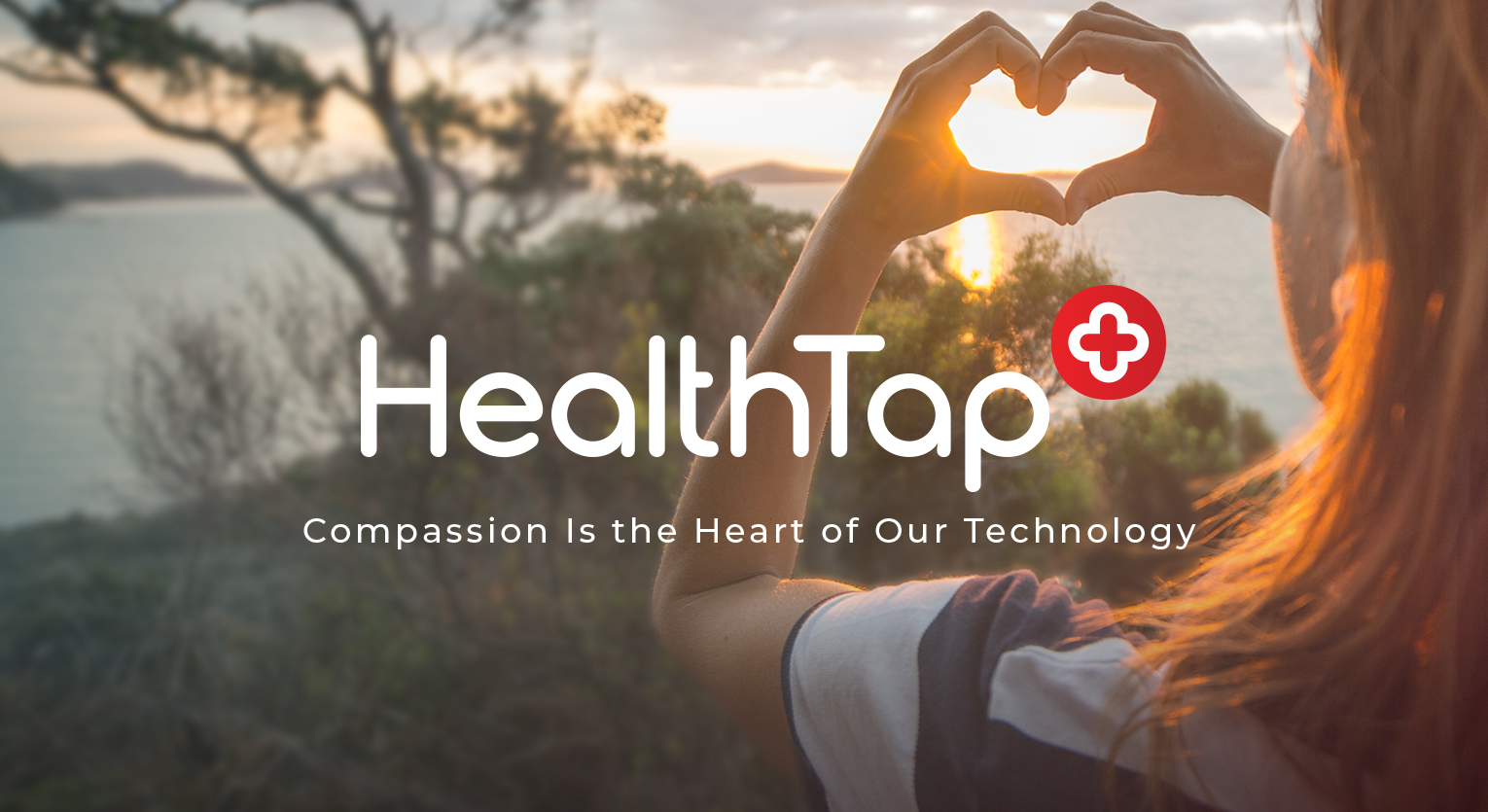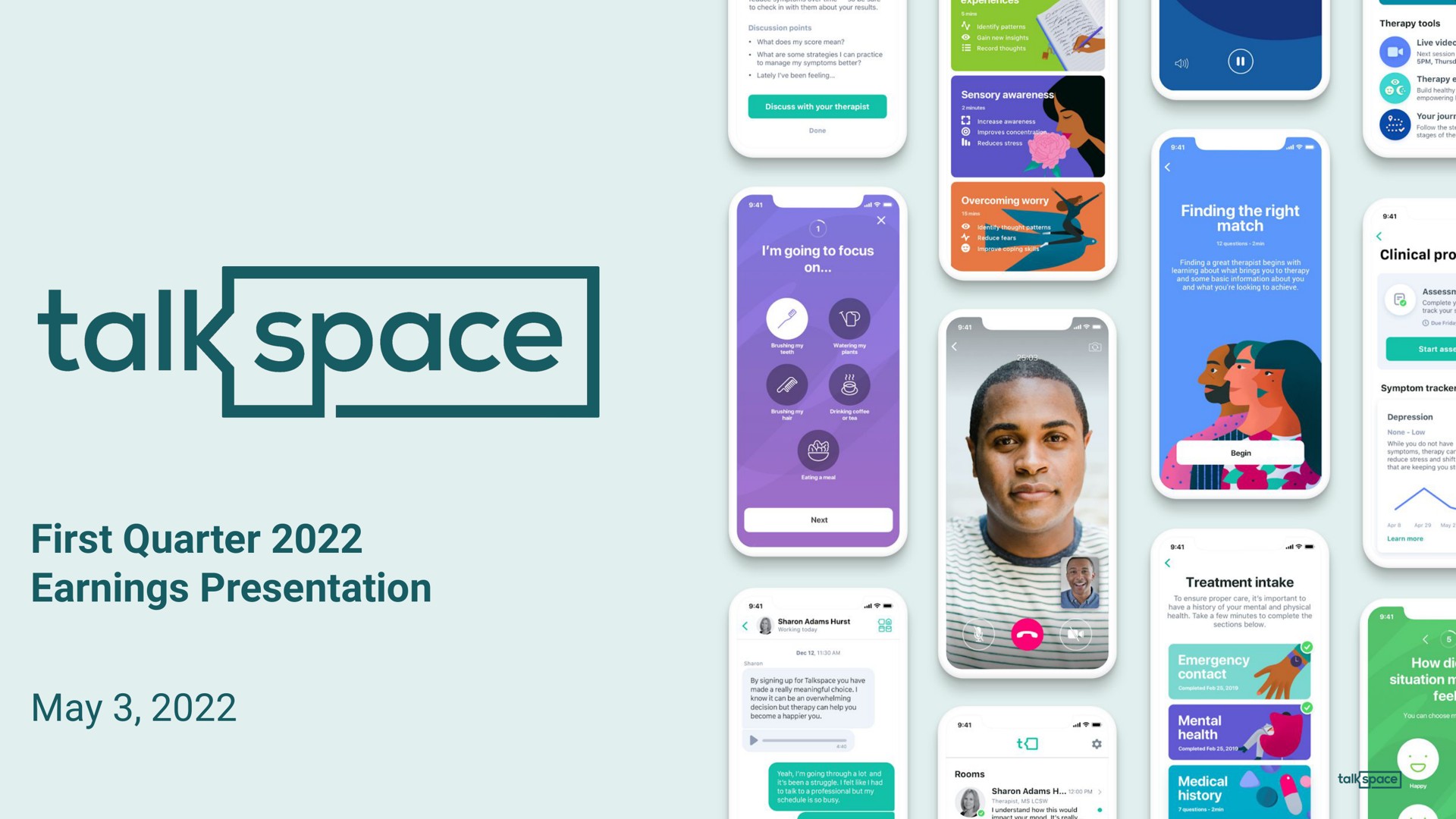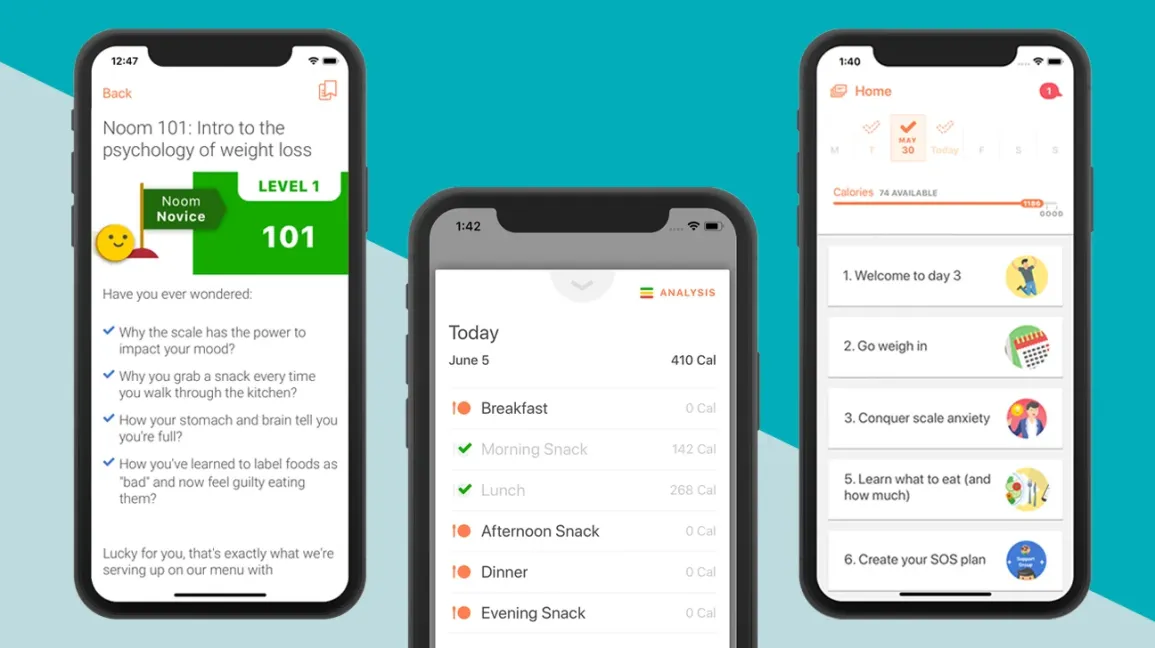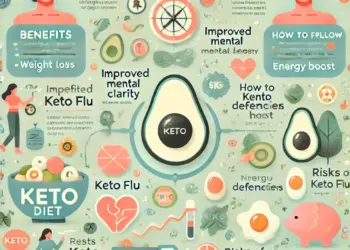Many of the questions we once reserved for our annual check-ups can now be answered from the comfort of our own homes, or even on the go, thanks to the abundance of health apps available at our fingertips.
Among the countless apps that flood the market, health-related apps stand out as some of the most widely used. A study conducted between October and December 2015 by JMIR mHealth and uHealth revealed that 58% of people with mobile devices have at least one health app installed.
Dr. Vincent Bidder, an internist based in New York City, a functional medicine physician, and the medical director of the Bidder Center for Integrative Health, affirms that telehealth is not just a passing trend—it’s here to stay. As founder of the Bidder Center for Wellness, Dr. Bidder emphasizes the growing importance of digital health tools in revolutionizing how we approach our well-being.
1. HealthTap

Sumber Image : Business wire
Connect with a healthcare professional through chat or video call within just 24 hours.
If you’re someone who frequently Googles symptoms and health concerns, this app will become your go-to resource. It offers answers to millions of questions across a vast array of topics, all provided by licensed doctors (yes, really).
Can’t find the answer to your specific question? Simply submit it through the app, and one of our doctors will get back to you within 24 hours. Need an urgent response? Opt for the paid option, and you’ll receive a quick reply.
The app also lets you schedule in-person consultations with doctors, dentists, or psychologists. Plus, you can conveniently check your lab results, manage prescriptions, and keep track of your health all in one place.
2. Talkspace

Sumber image : i0.wp
For many people, the biggest hurdle to seeking mental health support is the convenience factor. With busy lives and packed schedules, finding time to meet with a therapist can seem nearly impossible. Talkspace seeks to remove this barrier by offering easy, flexible access to licensed therapists who are well-suited to address your unique needs and concerns.
The process begins with a simple questionnaire that helps identify your goals, preferences, and the kind of therapy you’re looking for. Based on your responses, the app matches you with a selection of therapists, allowing you to choose the one who feels like the best fit. If you’re not satisfied, you can request more options.
Each session takes place in a secure, virtual therapy room that you can access directly from your mobile device or computer. And the support doesn’t end when the session does—outside of scheduled appointments, you can message your therapist up to five times a week for continuous guidance and reassurance. Talkspace is designed to make mental health support as accessible and convenient as possible, no matter where you are.
3. Bread

Sumber image : onemind
Whether you want to lose weight or just eat more nutritiously, Noom can help. The first thing you need to do is fill out a questionnaire that covers the basics: your weight, health goals, lifestyle habits, and exercise preferences. Next, you’ll be paired with a health coach who will work with you to help you reach your goals.
Every day, you’ll receive reminders to complete tasks, like tracking your food or exercising. Once you get the hang of it, the app connects you with like-minded users who can connect with you for more accountability.
4. Fooducate
This app lets you scan barcodes to learn more about a food’s nutritional information.
There are many of us who are unaware of the food we eat every day. Fooducate seeks to educate users about food and nutrition to help them follow a healthy and balanced diet.
It’s super easy to use. Just scan the food you want to learn more about, and the app will share a food score that determines the pros and cons of that food, as well as a health and nutritional analysis.
5. Waterllama
Get reminders to drink water throughout the day and track your daily water intake.
Staying hydrated is now easier with the Waterllama app. If you have trouble remembering to drink water throughout the day, this app will send gentle reminders to your phone or smartwatch in the form of a gif, a gentle alarm sound, or a combination of the two.
You can customize your hydration goals (and even participate in challenges) and track your consumption of other beverages like coffee and alcohol to help you stick to healthier habits. It’s also received over 100,000 nearly five-star reviews and won an Apple Design Award for its eye-catching graphics.
6. Headspace
Overcome anxiety, stress and insomnia using this app’s library of relaxing meditations.
An April 2021 study from the Centers for Disease Control and Prevention (CDC) found that meditation-based wellness apps have increased since the pandemic, and rightly so. That’s because anxiety and depression rates have also increased significantly since 2020.
Meditation is one of the most tried and tested ways to reduce mental tension associated with anxiety, stress and all kinds of mental health issues, says Dr. Penawar:
Luckily, there are a variety of meditation apps available to help people cope from the comfort of their own home, and Headspace is one of the most popular, offering guided meditations to suit your needs, whether you want to relax or calm your body to sleep (or both).
7. Aaptiv
This app suggests customized workouts based on your current fitness level and goals.
This audio-based fitness app adds a magical touch to your fitness goals thanks to audio instructions from certified personal trainers and heart-pumping music that perfectly matches your favorite workouts.
From stretching and treadmill workouts to outdoor running and indoor cycling, you’ll find it all in this app, which you can download to your digital device and use almost anywhere.
The app tracks your workout progress, and another feature that users love is that it suggests workouts based on your fitness level and preferences.
8. Sleep Cycle
Track your sleep time and quality with this app. No wearable device required.
If you’re someone who wakes up feeling restless even after a few hours of restful sleep at night, a sleep app might be able to help.
Sleep Cycle is one of the most popular apps due to its easy-to-use interface and advanced insights into short-term and long-term sleep trends. In addition to measuring your sleep quality, sleep patterns, and any disturbances you may have experienced throughout the night, the app also measures your heart rate to help you determine what may be preventing you from achieving optimal energy during the day.
The best part? All the tracking is done without the need for a wearable device. Just leave your phone next to your bed.
What to Look for in a Health App
Keep these four things in mind when shopping on the App Store:
1. According to the purpose
The first thing to do when considering using a health app is to make a list of your health goals and decide how the app can help you achieve those goals.
“For example, if you’re having trouble sleeping, it might be helpful to check out a sleep health app,” says Dr. Monisha Bhanot, integrative medicine physician and founder and CEO of Holistic Wellbeing Collective. “If you’re focused on increasing your physical activity, an exercise tracker might be just the solution you need to stay accountable.”
2. Provide actionable information
It’s also important to make sure that the implementation is using evidence-based strategies. Health apps can be very useful and offer additional tools to help you manage your health, but make sure you don’t just download and follow an outdated app.
Ask yourself if the information you’re receiving is “actionable” and will actually improve your health, says Joseph Feuerstein, director of integrative medicine at Stamford Hospital and clinical professor of medicine at Columbia University.
“For example, an app that continuously tracks your skin temperature and how it changes throughout the day is probably not going to be helpful. On the other hand, an app that monitors your heart rate and rhythm could be very helpful and potentially life-changing by identifying abnormal rhythms. – Savings.”
3. Easy to use
An app you don’t use can be just as useful as one you didn’t download in the first place, so make sure it’s relatively easy to use. Is there a good way to check? Read reviews and find apps that offer free trials so you can try them out before you decide.
4. Adjust your budget
Many health apps are free to download, but many features require in-app purchases. Before you click the download button, make sure the price of the features you are looking for fits your budget.






